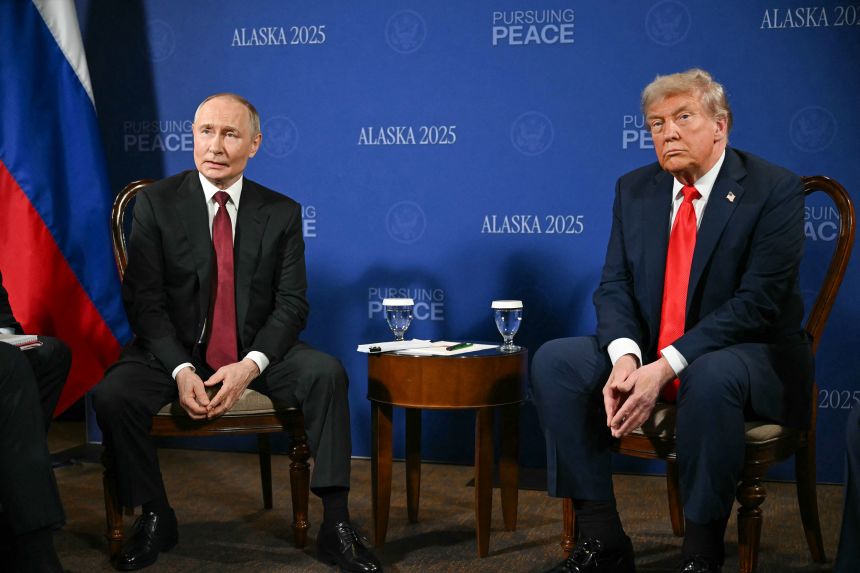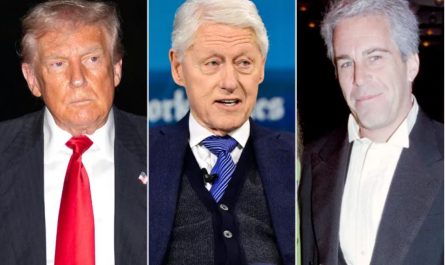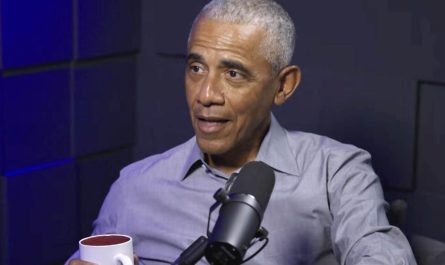What’s Happening
U.S. President Donald Trump announced that he will meet Russian President Vladimir Putin in Budapest within the next few weeks to discuss possible solutions to the war in Ukraine.
The announcement came after a phone call between the two leaders, which Trump described as very productive. However, the exact date of the summit has not yet been confirmed.
Before meeting Putin, Trump will host Ukrainian President Volodymyr Zelenskyy at the White House on Friday. During that meeting, both sides will focus on the potential delivery of U.S. Tomahawk long-range missiles to Ukraine.
Meanwhile, the Kremlin confirmed that U.S. Secretary of State Marco Rubio and Russian Foreign Minister Sergey Lavrov will soon hold preparatory talks. Moscow warned that supplying Tomahawk missiles could further damage already fragile relations with Washington.
Why Budapest Matters
Hungarian Prime Minister Viktor Orbán offered Budapest as the host city, calling it “a bridge between East and West.”
Trump accepted the idea, saying that Hungary is an “ideal place to explore realistic paths toward peace.”
Consequently, Budapest may become a symbolic meeting point for diplomacy at a time when most Western capitals remain cautious.
Key Topics on the Agenda
- Ukraine’s Security and the Tomahawk Missiles: These weapons could either shift the balance of power or fuel new tensions.
- Ceasefire and Trust Measures: Leaders may discuss initial steps toward a long-term peace framework.
- Sanctions and Energy Policy: The U.S. and EU might consider partial adjustments to encourage renewed dialogue.
Upcoming Schedule
- October 17–18: Zelenskyy’s visit to Washington and high-level meetings at the White House.
- Next Week: Preparatory consultations between American and Russian diplomats.
- Following Weeks: The Trump–Putin summit in Budapest (date to be confirmed).
Regional Significance
If the Budapest meeting achieves even limited progress — for instance, a ceasefire outline or arms-control initiative — it could reduce military tension and stabilize global energy prices.
However, if the U.S. proceeds with missile deliveries without a broader peace plan, the situation might escalate further, and Moscow’s rhetoric could become more confrontational.



